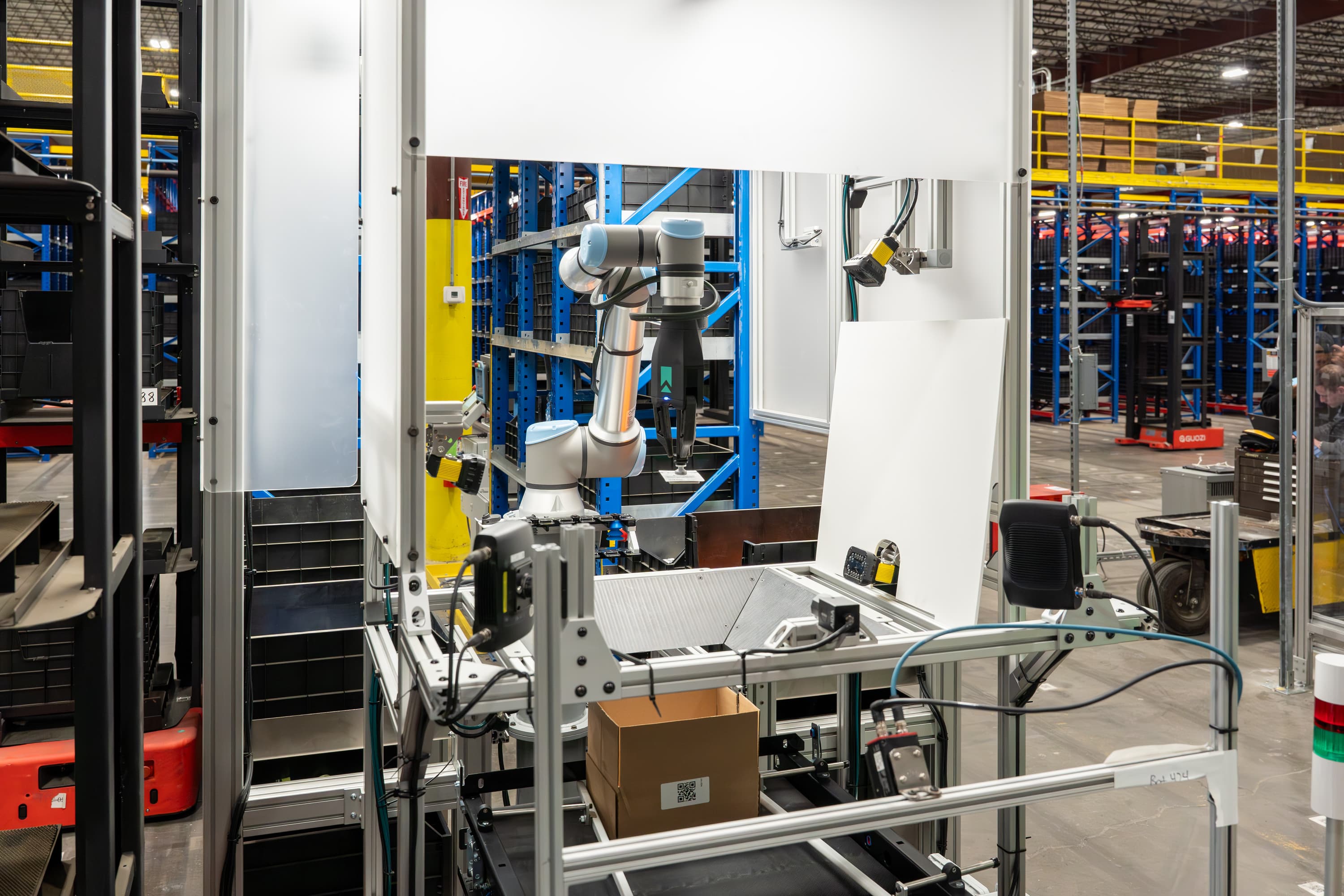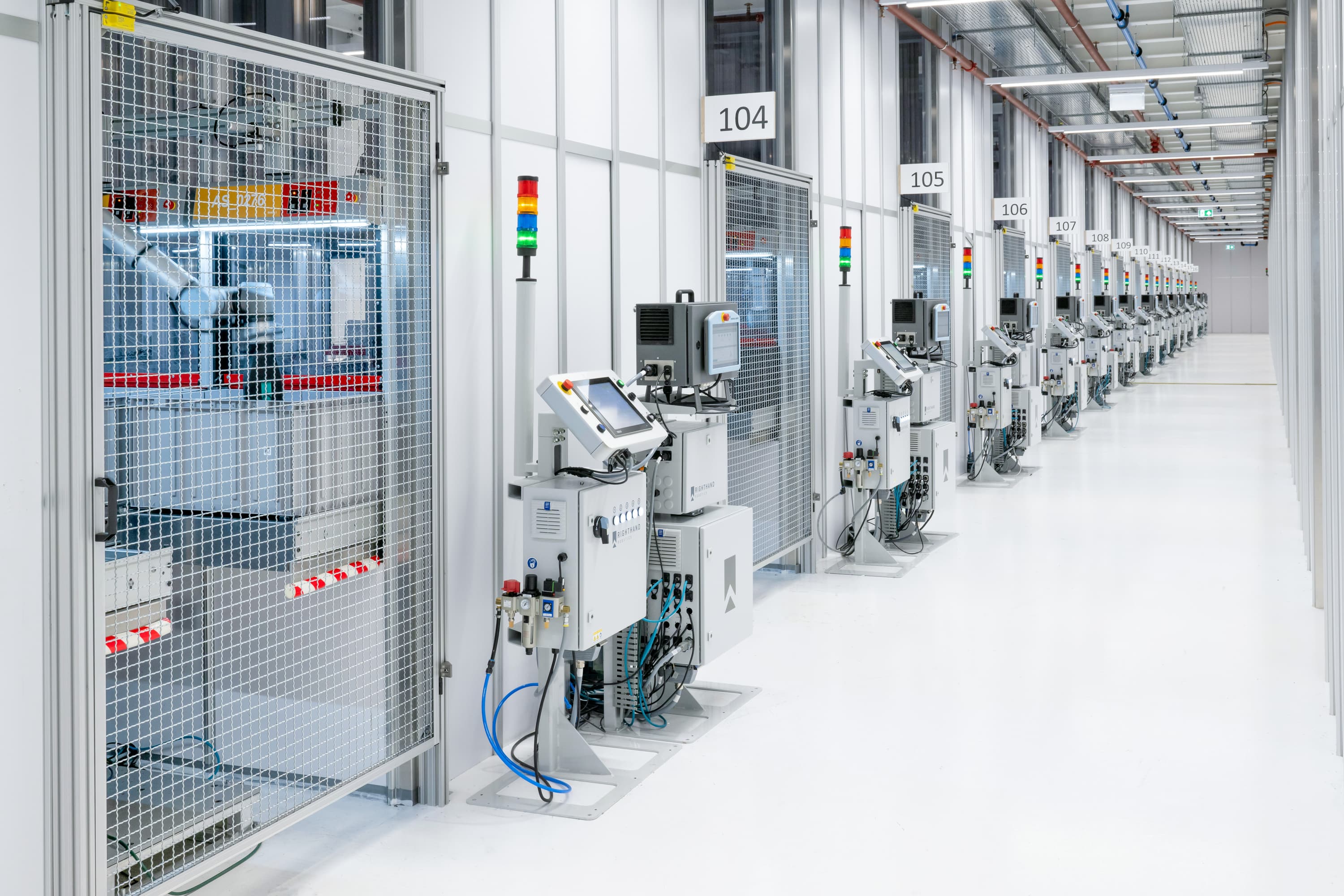


In the realm of warehouse automation, the integration of robotics for autonomous piece-picking had been viewed merely as a component within a larger process. However, as technologies advance and the demands of logistics increase in complexity and volume, it is becoming clear that robotics piece-picking is not just a part of the system, it's evolving into a critical facet of warehouse automation overall.
Traditionally, robotics in warehouse operations have been perceived as tools for specific tasks. Piece-picking robots were a means to an end – simply picking individual items to fulfill orders.
The narrative, however, is shifting. Advancements in AI, machine learning, and robotics have dramatically expanded the capabilities of piece-picking robots. They are no longer limited to simple, repetitive tasks. Modern robots are equipped with advanced sensors, vision systems, and algorithms that enable them to understand and adapt to their environment. They learn and improve and make intelligent decisions in real-time, anticipating issues and solving them.
 The RightPick system in action within an automated warehouse.
The RightPick system in action within an automated warehouse.
Why is this needed? A modern robotic system must now be able to adapt to different SKU sets – some warehouses have an ever-changing SKU set of 100,000 items or more – in piece-picking because of multi-line orders shipping to the end customer. Warehouse operations must ensure that any robotic piece-picking automation they integrate must be self-learning.
It is time to understand the role of piece-picking robots in the broader context of warehouse automation. They now integrate seamlessly with warehouse management systems, providing real-time data and analytics that enhance operational efficiency. They are moving toward providing enhanced visibility into inventory, streamlining the supply chain, fulfilling orders safely and intelligently, and even influencing warehouse layout and design.
Optimizing full warehouse systems makes more sense and brings improved productivity when incorporating and understanding the system boundaries of all the system components, and how each component can make the entire system better. Within the larger scope of warehouse automation, piece-picking robots deliver:
Efficiency and Productivity: Robots can operate 24/7 or according to necessary duty cycles, reducing turnaround times and increasing throughput, for single-shift through multiple-shift operations.
Scalability and Flexibility: As demand fluctuates, robotic systems can be scaled up or down, adapting to changing requirements without significant downtime, or no downtime at all.
Accuracy and Reliability: Advanced machine learning algorithms minimize errors in picking compared with human labor, leading to higher customer satisfaction, reducing shrinkage and damage, and expediting the packing and order fulfillment processes.
Data-Driven Insights: Continuous data collection offers valuable insights for strategic decision-making and process optimization for further improvements in rate, range, and reliability throughout the warehouse.
 Learn how the RightPick system helps Apo.com fulfill 24/7 piece-picking for online pharmaceutical orders.
Learn how the RightPick system helps Apo.com fulfill 24/7 piece-picking for online pharmaceutical orders.
The role of robotics in warehouse automation is poised to become core and expansive. Adoption is growing. In the U.S. especially, where warehouse operators are working to match the more advanced systems in place in Europe, opportunities for integration partners to deliver end-to-end solutions is a reality.
Robotics piece-picking is fast becoming a solution for efficiency and driver of innovation, reshaping the landscape of logistics and supply chain management. This transition opens new opportunities for efficiency, flexibility, and strategic growth. As businesses embrace this systemic approach, they pave a road toward large-scale automation, safer work environments, better jobs for humans, more efficient order fulfillment and more satisfied consumers. A cohesive system, optimized for the future, autonomously.
Sign up below to receive our newsletter.